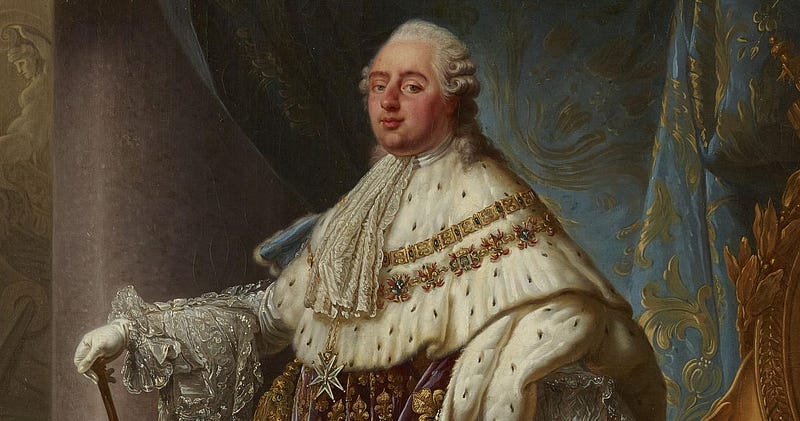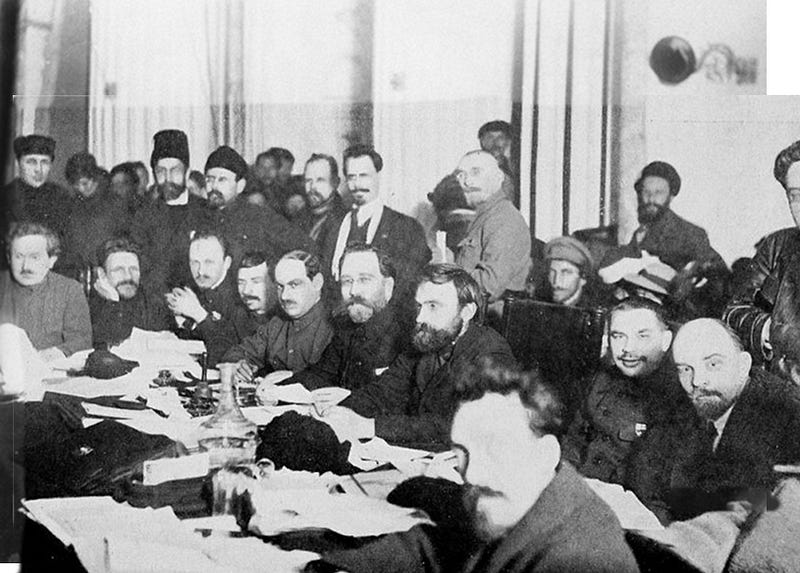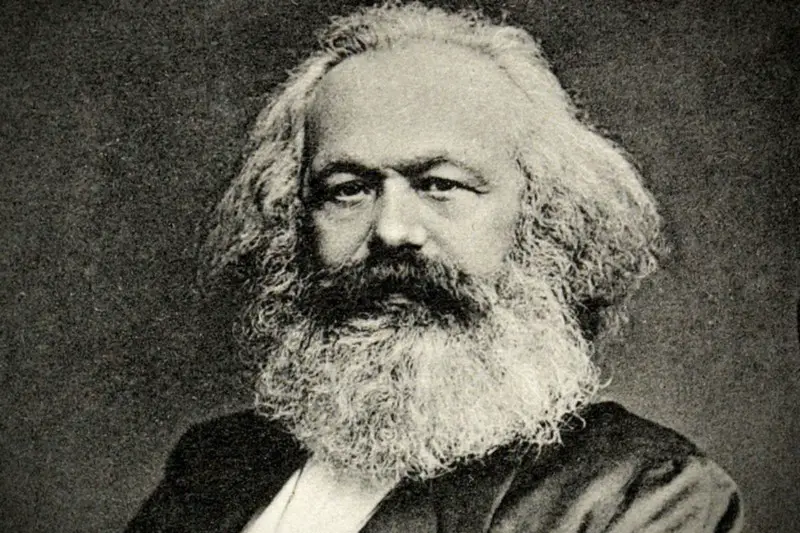 ur world has been shaped by revolutions, uprisings, and struggles. These have ranged in size, ideology, and purpose with many being inspired by a possibility of a brighter future. Philosophical writers have inspired many in the search for hope in change with Karl Marx being the most iconic example. His work on the Communist Manifesto, Das Capital, and many other literary works criticizing the political and economic climate of his time have inspired many to put into practice his theories.
ur world has been shaped by revolutions, uprisings, and struggles. These have ranged in size, ideology, and purpose with many being inspired by a possibility of a brighter future. Philosophical writers have inspired many in the search for hope in change with Karl Marx being the most iconic example. His work on the Communist Manifesto, Das Capital, and many other literary works criticizing the political and economic climate of his time have inspired many to put into practice his theories.
Karl Marx wasn’t the only revolutionary writer with many others coming before him. These minds inspired the spread of revolutionary thought which has been seen in history as two big waves in the past 350 years.
The French
The French revolution of 1789 is the first example of the people rising up en masse to force a change in their countries’ governments. This was sparked after the inexperienced King Louis XVI took the throne from his father King Louis XV after he contracted what they presumed was smallpox. Inheriting a kingdom in economic ruin, King Louis’ inexperience didn’t do him any favors further worsening through his intervention in the American independence war which threw his country further into financial ruin.

This combined with bad harvests due to harsh winters during the years of 1787–1788 resulting in the rise in the price of bread by 88% as well as a rise in taxes to compensate for the spending on the American Independence War created great disdain from the peasant population which made up 98%~ of the country.
As a result, the country would be forced into a nosedive of political unrest which resulted in the initial diminishment of the king’s role in ruling the country, initially being replaced by a parliament. Due to fear of anti-revolutionary action the King was later fully removed and killed in a wave of killings that extended to all members of society known as the September Massacre.
This shaped the rest of the 18th and 19th centuries as France became the focus of multiple wars after this. It was also the first instance of a proper democracy in Europe which made many other monarchs on the continent very afraid of the now apparent fragility of their position. This, as well as the American Constitution, would serve as a base for most future democracies and would spark many future revolutions, shaping what we call democracy today.
The Russians
The fate of Russia in the 20th century follows quite closely to what happened in France in the 18th century. Once again a country left in ruin due to its involvement in the war was dissatisfied with its incompetent king and wanted change.
This again started with his forced abdication and introduction of a provisional government, but unlike France, a coup removed the democratic leadership and forced the country into a civil war after an ungraceful exit from World War One. After a bloody civil war, the communists would emerge victorious, leading to a split between the east and west of the world, which would culminate in the Cold War after the Eastern Bloc was instituted.

The rise of communism shaped western foreign policy throughout most of the 20th and 21st centuries. Fighting between the two main ideologies, communism, and democracy, would be a staple of most of the late 1900s, with a heavy amount of resources being poured by both sides into outgunning the other.
Because of this M.A.D., also known as Mutually Assured Destruction, would become a new concept cemented into our media. The fear of nuclear conflict would impact all facets of life and would be the talking point of many conferences between the two sides.
We can certainly say that without this ideological conflict our world would look drastically different. From the resources wasted in the arms race to the lives lost in meaningless proxy wars, a world without the fight for world domination between the two sides could have been more united and much more well off.
Just from these two examples, we can see that events on an initially small scale greatly impacted our world through their international influence and the ideas that they have spread. Smaller examples have had the same impact, speaking even as recently as the conflict in Sudan where the general populace is slowly rising up against their tyrannical government.
This has pulled many nations together to help and has changed the minds of many in terms of how we think about Africa. Overall we can conclude that conflicts, big and small, have shaped our world and made us and our nations who they are today.

Student of Philosophy, Politics and Economics. History fanatic. Contact: aneculaeseicg@gmail.com





